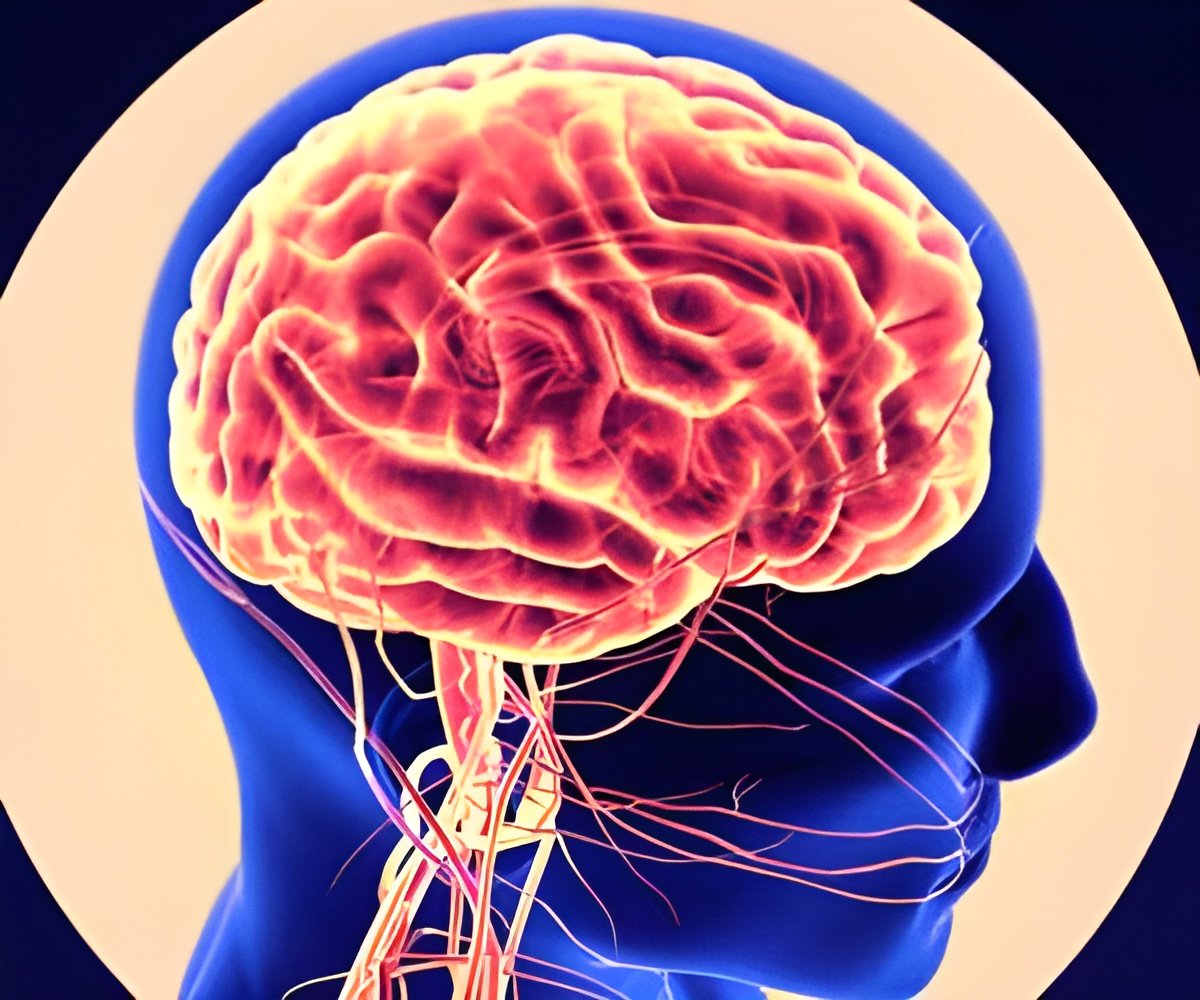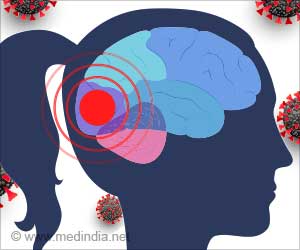Scientists are starting to understand the precise workings of a type of gene that does not code for proteins in treating neurological conditions.

Genes Working Together for Brain and Nerve Function
Although the function of most lncRNA genes remains a mystery, a subset is co-expressed in the brain along with neighboring genes that code for proteins involved in gene expression control.‘The lncRNAs genes and their protein-coding neighbors work as a pair to play a key role in restoring physical function in people who have suffered serious nerve damage.’





In other words, genes for these lncRNAs and their protein-coding neighbors work as a pair. Together, they regulate the development and function of essential nerve cells, particularly in the brain during embryonic development and in early life.The new study describes the regulatory pathway involved in controlling the levels of one of these gene pairs. Their location and quantity in the genome need to be carefully coordinated, as does the timing of their activity.
“We previously defined one of the most profound functions for lncRNA in the brain and our new study identifies an important signaling pathway that acts to coordinate the expression of this lncRNA and the key protein-coding gene that it is paired with,” explains Dr. Keith Vance, lead author of the study from the Department of Biology & Biochemistry at Bath.
“This new research takes us closer to understanding the basic biology of nerve cells and how they are produced. Regenerative medicine is the end-game and with further research, we hope to develop a deeper understanding of how lncRNA genes operate in the brain,” he said.
This knowledge could be important for scientists looking for ways to replace defective neurons and restore nerve function – for instance in people who have had strokes.
Advertisement
Source-Medindia















